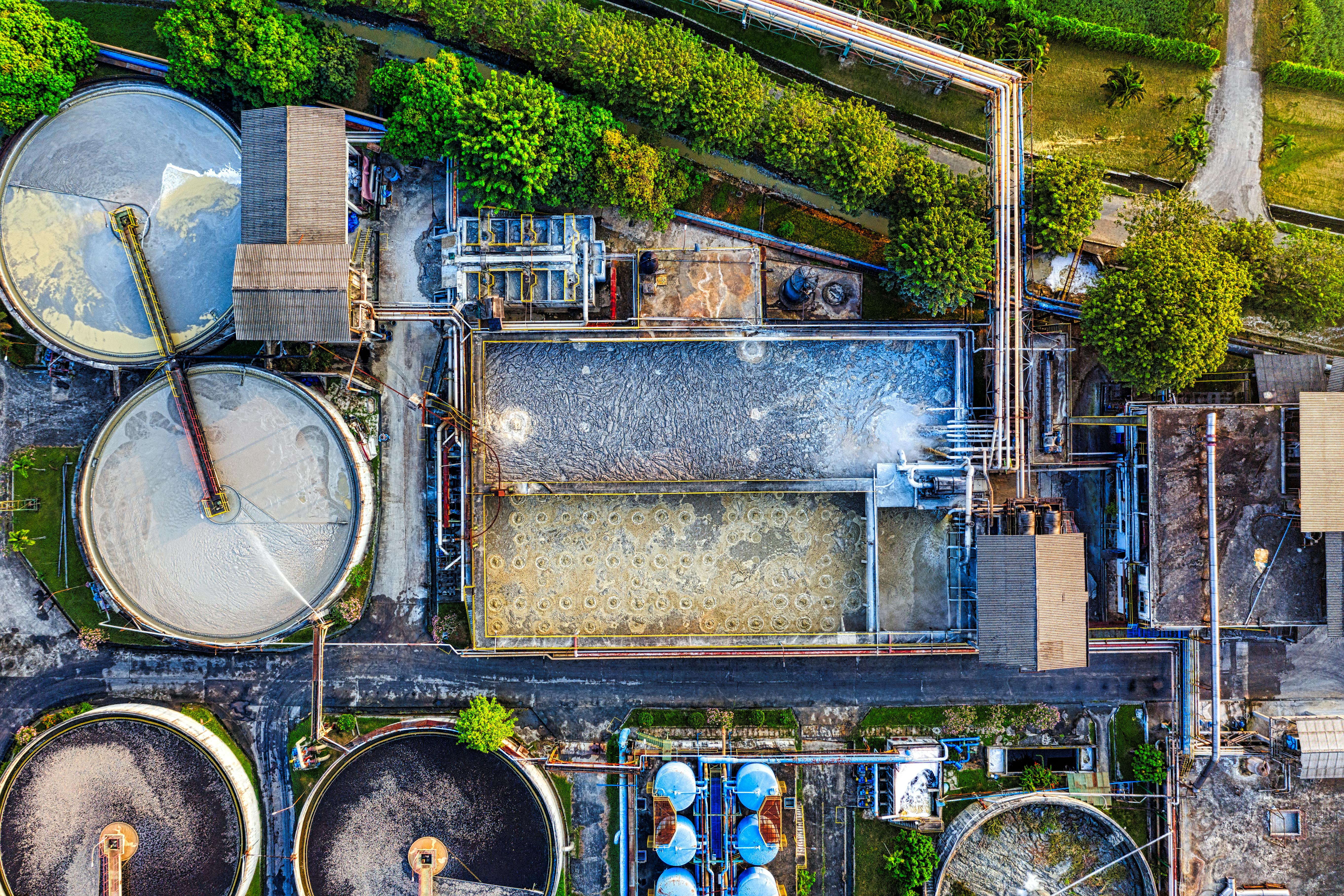 .
.
Introduction
Choosing the best septic tank waste management system is essential for maintaining a healthy and hygienic environment. Septic tanks are simply an underground storage tank used for wastewater treatment, and are a common and cost-effective method of treating waste in both residential and commercial properties. With the right septic tank waste management system in place, you can be sure that your wastewater is properly disposed of, helping to protect the environment and the water table.
In this article, we’ll discuss the different types of septic tank systems, how to choose the right one for your needs, and what to look out for when installing a septic tank waste management system.
Types of Septic Tank Systems
When choosing a septic tank waste management system, it’s important to understand the different types of septic tank systems that are available. The most common types include:
• Gravity Systems: A gravity septic tank system uses gravity to move wastewater from the tank to a drainage field. This is the most common type of septic tank system and is typically the least expensive.
• Pressure Systems: Pressure systems use a network of pumps and valves to move wastewater from the tank to a drainage field. While they are more expensive than gravity systems, they are often more efficient and can handle larger volumes of wastewater.
• Aerobic Treatment Units: An aerobic treatment unit (ATU) is a wastewater treatment system that uses oxygen and bacteria to break down organic material. ATUs are usually installed in areas with limited land or where soil conditions are not suitable for a traditional septic tank system.
• Mound or Trench Systems: A mound or trench system is a type of gravity septic tank system that uses a mound or trench of soil to help evenly disperse the wastewater.
• Low Pressure Dosing Systems: Low pressure dosing systems are used in areas where soil conditions are not suitable for a traditional septic tank system. This type of system uses a pump to move wastewater from the tank to a series of leaching beds.
Benefits of Installing a Septic Tank Waste Management System
There are many benefits to installing a septic tank waste management system, including:
• Cost savings: Installing a septic tank system can save you money on wastewater treatment costs.
• Environmentally friendly: Septic tanks are environmentally friendly, as they use natural processes to breakdown organic material and help protect the environment.
• Minimal maintenance: Septic tanks require minimal maintenance, as they do not need to be emptied or serviced on a regular basis.
• Reliable: Septic tanks are reliable and can handle large amounts of wastewater without any problems.
How to Choose the Best Septic Tank Waste Management System
When choosing a septic tank waste management system, there are a few things to consider, including:
• Size: The size of the septic tank and drainage field should be determined by the amount of wastewater that is produced. It is important to choose a tank that is large enough to handle the amount of wastewater produced.
• Soil conditions: The type of soil in the area where the system will be installed should be taken into account when choosing a septic tank system. The type of soil will determine which type of septic tank system is the most suitable.
• Cost: The cost of the septic tank system should be taken into account when making a decision. It is important to look for a system that is cost-effective and will be able to handle the amount of wastewater produced.
• Maintenance: It is important to choose a septic tank system that requires minimal maintenance. This will help to ensure that the system is working properly and will help to keep costs down.
• Professional installation: It is important to ensure that the septic tank system is installed properly and by a qualified professional. This will help to ensure that the system is working correctly and is safe for use.
Tips for Installing a Septic Tank Waste Management System
When installing a septic tank system, it is important to consider the following tips:
• Choose a qualified installer: It is important to choose a qualified and experienced installer to ensure that the system is installed correctly.
• Follow local regulations: It is important to understand and follow local regulations when installing a septic tank system.
• Test the soil: It is important to test the soil to ensure that it is suitable for the installation of a septic tank system.
• Monitor the system regularly: It is important to monitor the system regularly to ensure that it is working correctly.
• Use the right products: It is important to use the right products to ensure that the septic tank system is working correctly.
Conclusion
Choosing the best septic tank waste management system is essential for maintaining a healthy and hygienic environment. It is important to consider the different types of septic tank systems that are available, how to choose the right one for your needs, and what to look out for when installing a system. There are many benefits to installing a septic tank system, including cost savings, environmental friendliness, minimal maintenance, and reliability. When installing a system, it is important to choose a qualified installer, follow local regulations, test the soil, monitor the system regularly, and use the right products.
At Midland Toilet Hire, we provide a range of septic tank waste management systems that are suitable for all types of properties. Our team of experienced professionals can provide expert advice on the best system for your needs and ensure that it is installed correctly. Contact us today for more information.
